Gaza is running out of cash
Palestinians pay the price as black market springs up around banknotes and coins
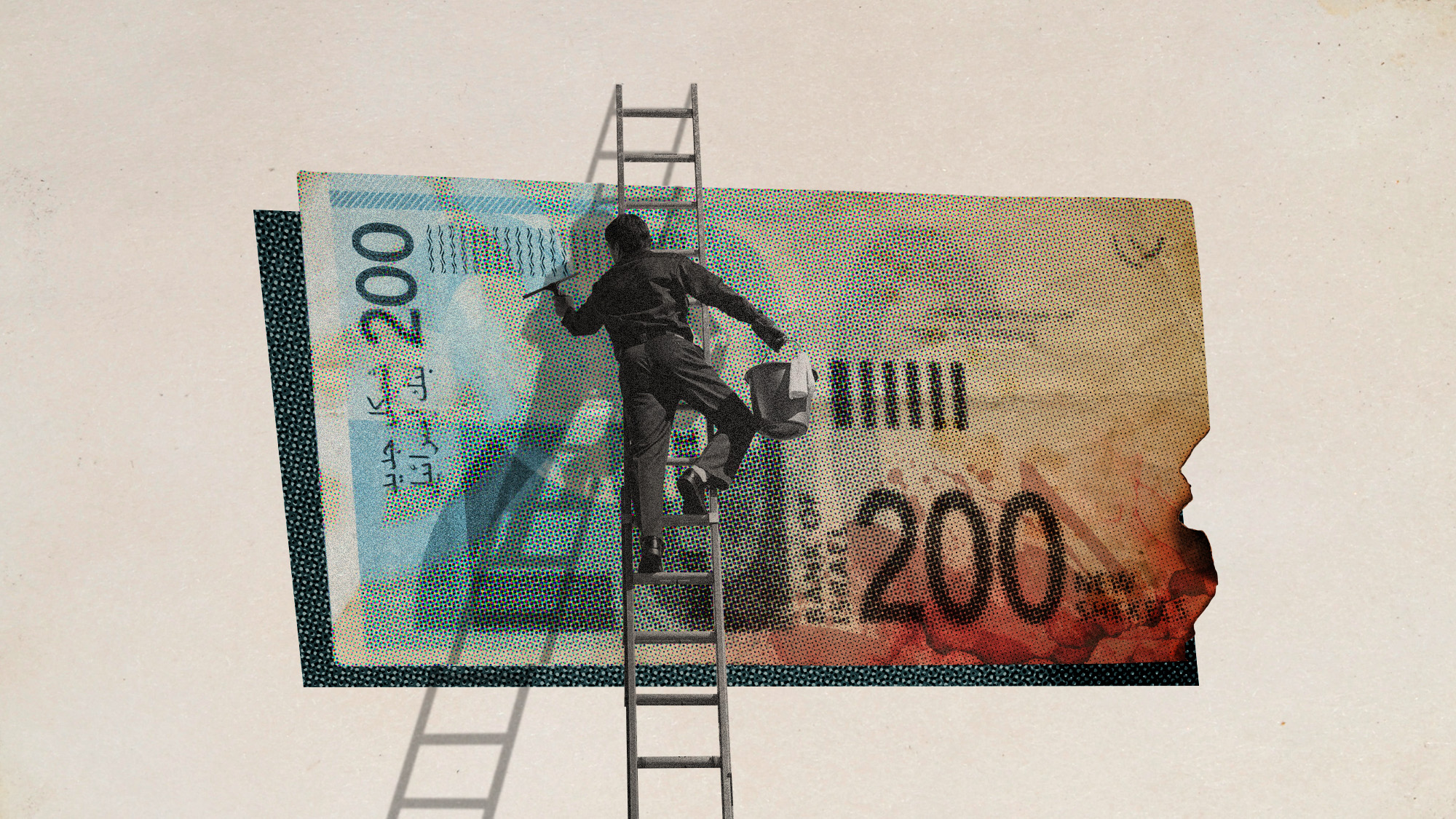
A free daily email with the biggest news stories of the day – and the best features from TheWeek.com
You are now subscribed
Your newsletter sign-up was successful
Gaza's ongoing humanitarian crisis has created yet another problem for residents – a desperate shortage of cash.
With the Israeli siege blocking supplies of fresh currency into the territory, Palestinians are having to mend their "tattered bills and rusted coins" to buy essential goods, said the Financial Times.
Gaza's last working ATM closed in late 2024, while most of its banks have either shut due to security fears or been destroyed by Israeli air strikes. Due to the lack of new cash coming into the enclave, much of the remaining currency has ended up in the hands of "powerful wholesalers" trading in goods from Egypt and Israel. They use bank transfers to pay for the imports, but insist buyers pay cash for the goods.
The Week
Escape your echo chamber. Get the facts behind the news, plus analysis from multiple perspectives.

Sign up for The Week's Free Newsletters
From our morning news briefing to a weekly Good News Newsletter, get the best of The Week delivered directly to your inbox.
From our morning news briefing to a weekly Good News Newsletter, get the best of The Week delivered directly to your inbox.
Charity workers and aid agencies hit
It has led to a "lucrative" sideline for black market money brokers, who buy cash from the traders and then sell it for "exorbitant" fees to desperate Gazans, receiving payment via electronic bank transfers.
Those charges have increased following Israel's renewed bombardment of Gaza, said the FT. Traders have doubled their asking price from 15% to 30%.
"A customer will transfer me Shk1,000 and only walk away with Shk700 in cash," one told the newspaper. He had bought the currency from a trader higher up the ladder at a 24-25% mark-up.
Known as "exchangers", these men are becoming a way of life in Gaza, said CBC News. One, named Saadi Al-Ashqar, said that cashflow was being controlled by "top businessmen" and that the only way to get money in and out of the enclave was through a digital banking app tied to the Bank of Palestine. "Those who control this situation are unfortunately taking advantage of the situation that we and the citizens are living in," he said.
A free daily email with the biggest news stories of the day – and the best features from TheWeek.com
It is not only Gazans who are being hit; employees at charities and humanitarian agencies are also having to use traders to receive their wages. Locally based workers at the charity War Child are having to transfer their salary to a trader, who then takes a 40% cut before giving them the rest of their wages in cash, according to The New Arab. The charity has started paying them an extra allowance to make up some of the shortfall.
Gaza's cash repair shops
Traders' charges can also vary depending on the quality of the banknote being used. The lack of fresh currency means existing notes are suffering from "wear and tear". Fresher-looking notes merit a higher fee as they are more likely to be accepted by vendors, most of whom refuse to accept worn out bank notes.
Several Gazans have turned the situation to their advantage, restoring old, ripped notes for a price. Former jeweller Mohammad Al-Ashqar repairs around 200 a day, said the Los Angeles Times, carefully taking off any old tape holding the note together, removing the residue and then applying transparent glue so the note doesn't break when folded.
"People have been passing around the same bills for more than a year now," said Al-Ashqar. "Of course they’re tattered and fragile."
It's turned into such a success that he has trained his three former jewellery assistants to repair notes, charging two to three shekels – "the equivalent of 55-82 cents" – per repair, depending on the quality of the note.
"A lot of people come back to thank me because I helped them fix their banknotes," he said.
Not everyone can repair or replace their cash, however, including some of the exchangers themselves. Money broker Abdallah Al-Mzeiny has found himself a victim of vendors' refusal to accept 10-shekel coins for fear they are counterfeit. He has more than 10,000 shekels, some $2,700, in the coins.
Nevertheless, he will continue his trading. "It’s a way for anyone with cash to earn money," he said.
Elizabeth Carr-Ellis is a freelance journalist and was previously the UK website's Production Editor. She has also held senior roles at The Scotsman, Sunday Herald and Hello!. As well as her writing, she is the creator and co-founder of the Pausitivity #KnowYourMenopause campaign and has appeared on national and international media discussing women's healthcare.
-
 Israel retrieves final hostage’s body from Gaza
Israel retrieves final hostage’s body from GazaSpeed Read The 24-year-old police officer was killed during the initial Hamas attack
-
 What will happen in 2026? Predictions and events
What will happen in 2026? Predictions and eventsIn Depth The new year could bring peace in Ukraine or war in Venezuela, as Donald Trump prepares to host a highly politicised World Cup and Nasa returns to the Moon
-
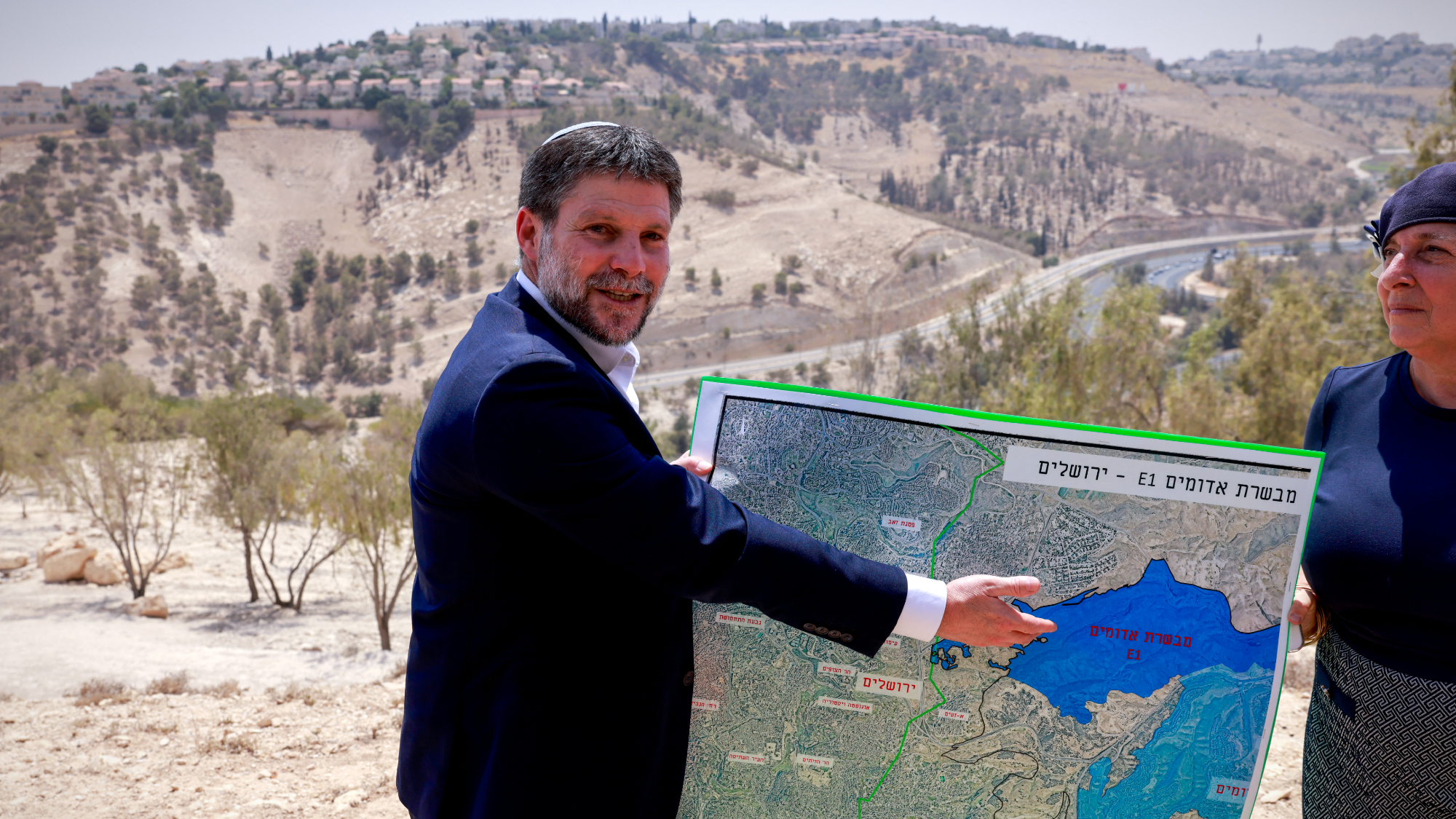 Israel approves new West Bank settlements
Israel approves new West Bank settlementsSpeed Read The ‘Israeli onslaught has all but vanquished a free Palestinian existence in the West Bank’
-
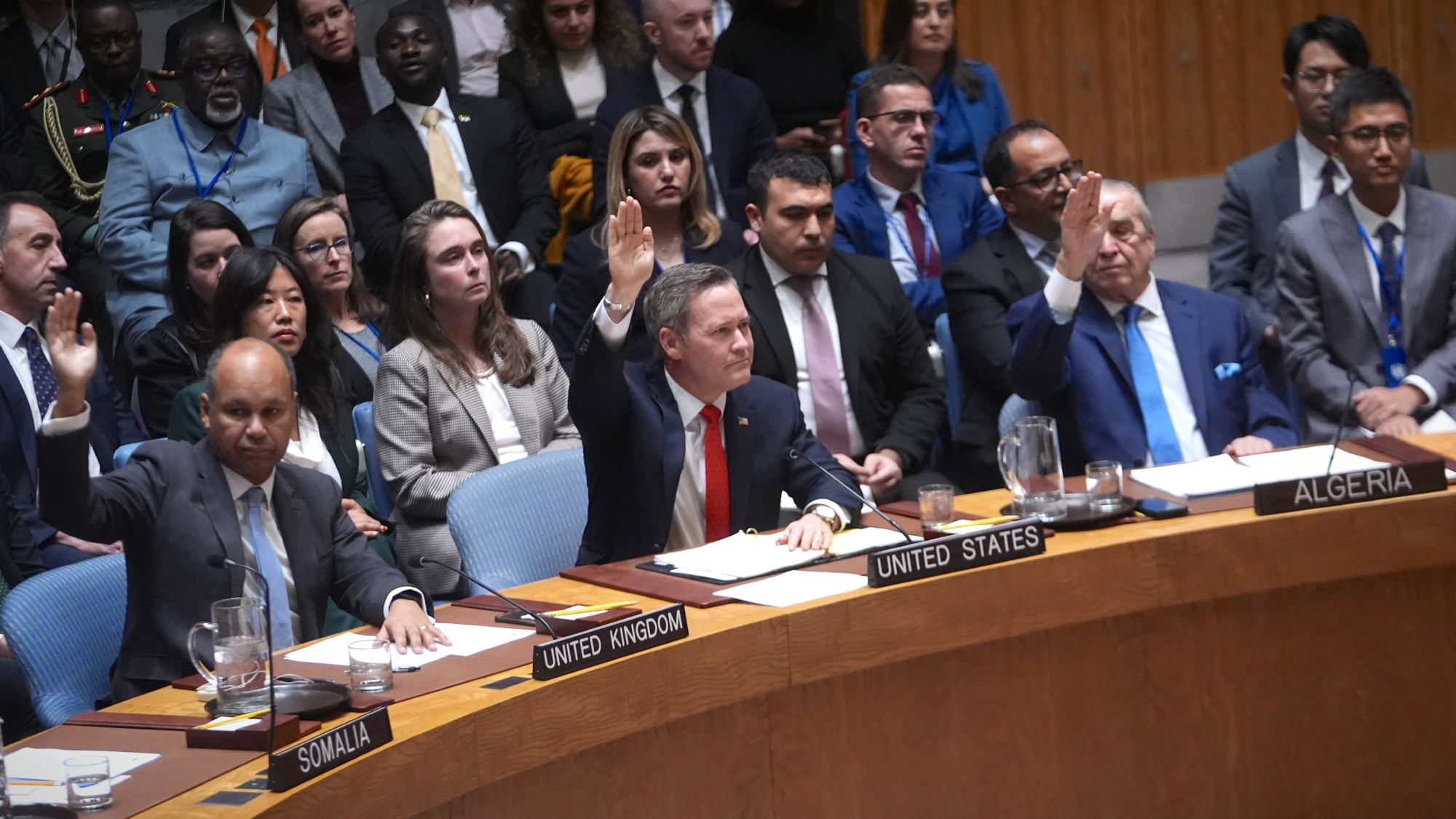 UN Security Council backs Trump’s Gaza peace plan
UN Security Council backs Trump’s Gaza peace planSpeed Read The United Nations voted 13-0 to endorse President Donald Trump’s 20-point plan to withdraw Israeli troops from Gaza
-
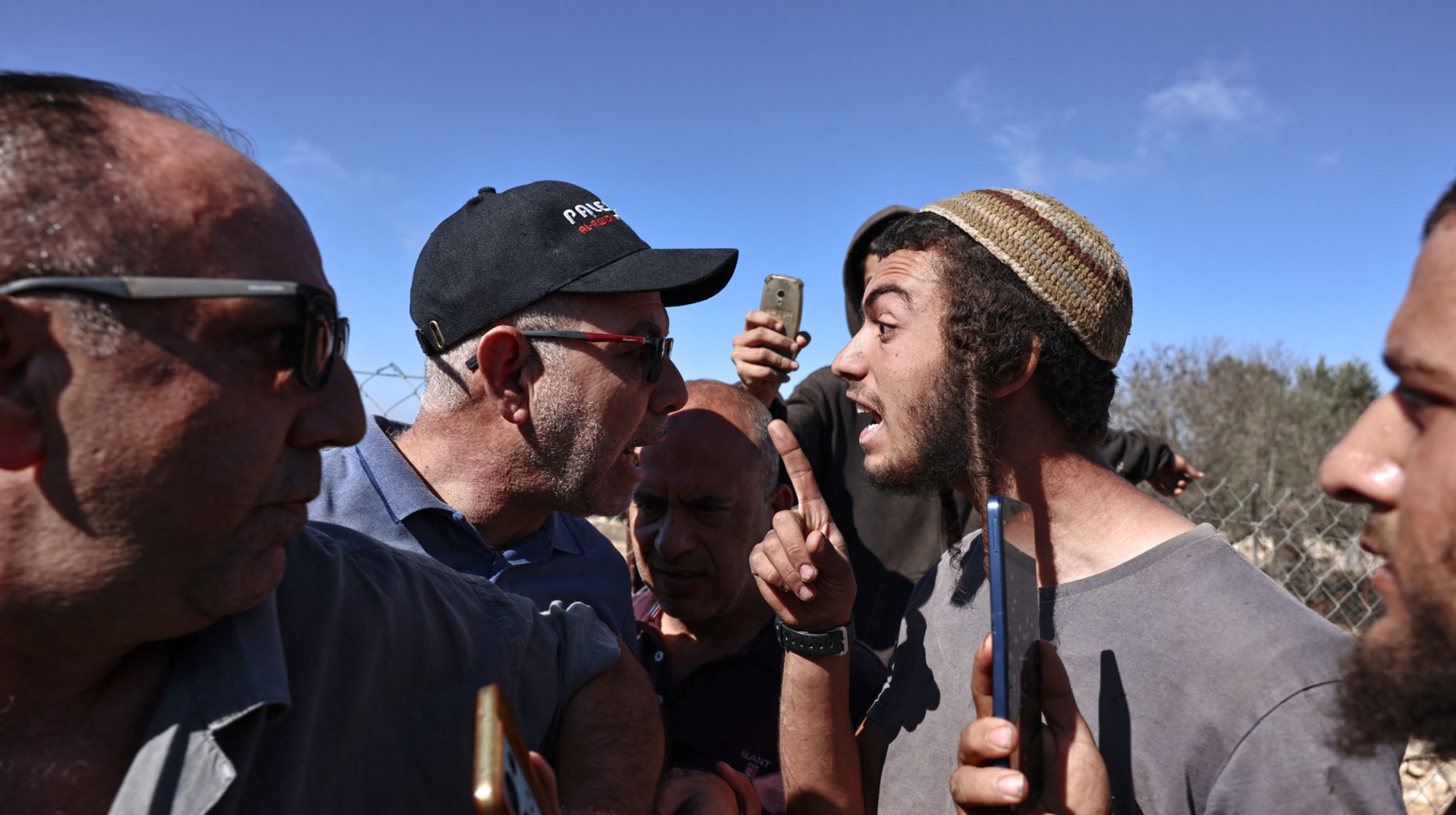 Israel jolted by ‘shocking’ settler violence
Israel jolted by ‘shocking’ settler violenceIN THE SPOTLIGHT A wave of brazen attacks on Palestinian communities in the West Bank has prompted a rare public outcry from Israeli officials
-
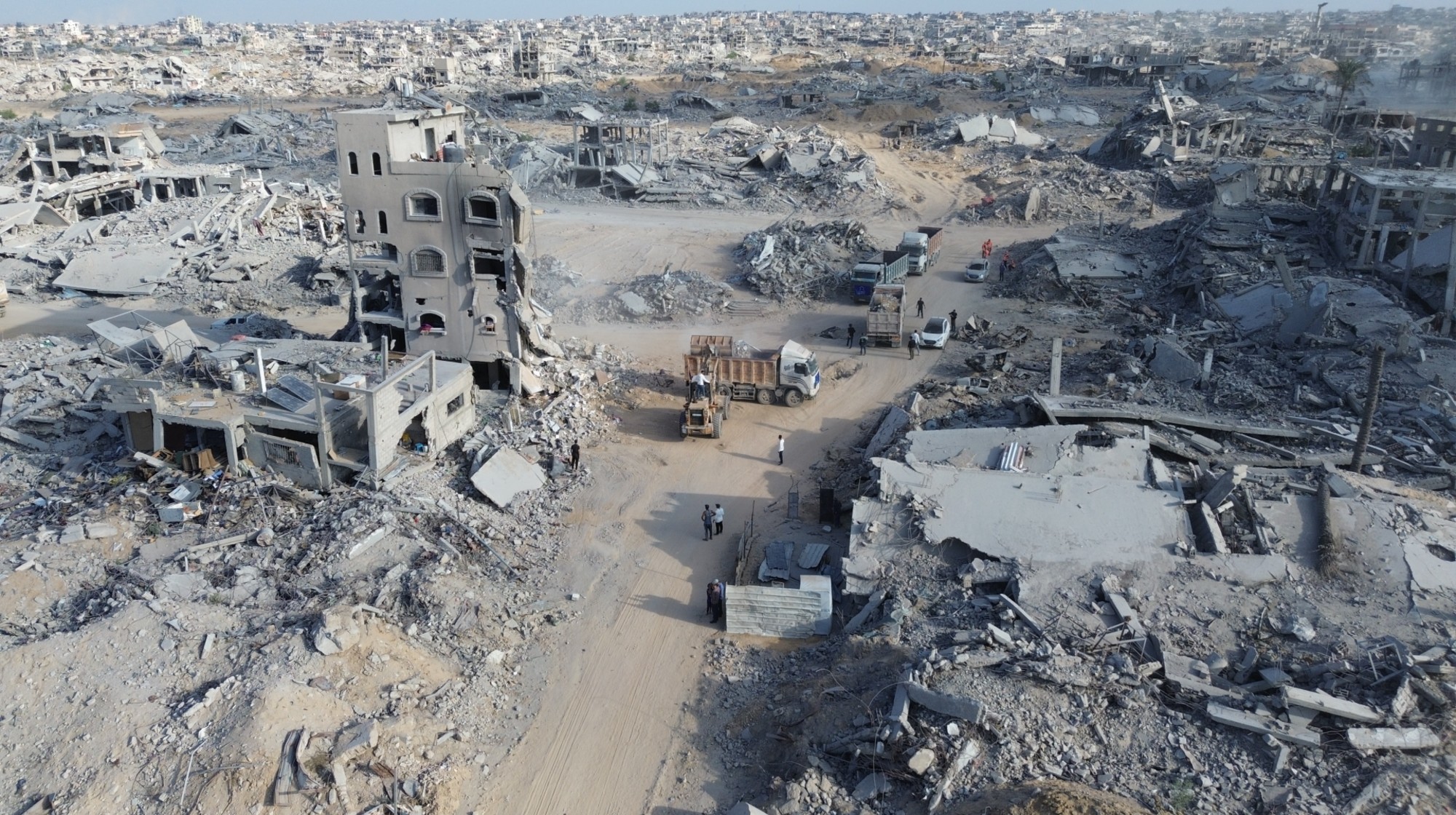 Gaza ceasefire teeters as Netanyahu orders strikes
Gaza ceasefire teeters as Netanyahu orders strikesSpeed Read Israel accused Hamas of firing on Israeli troops
-
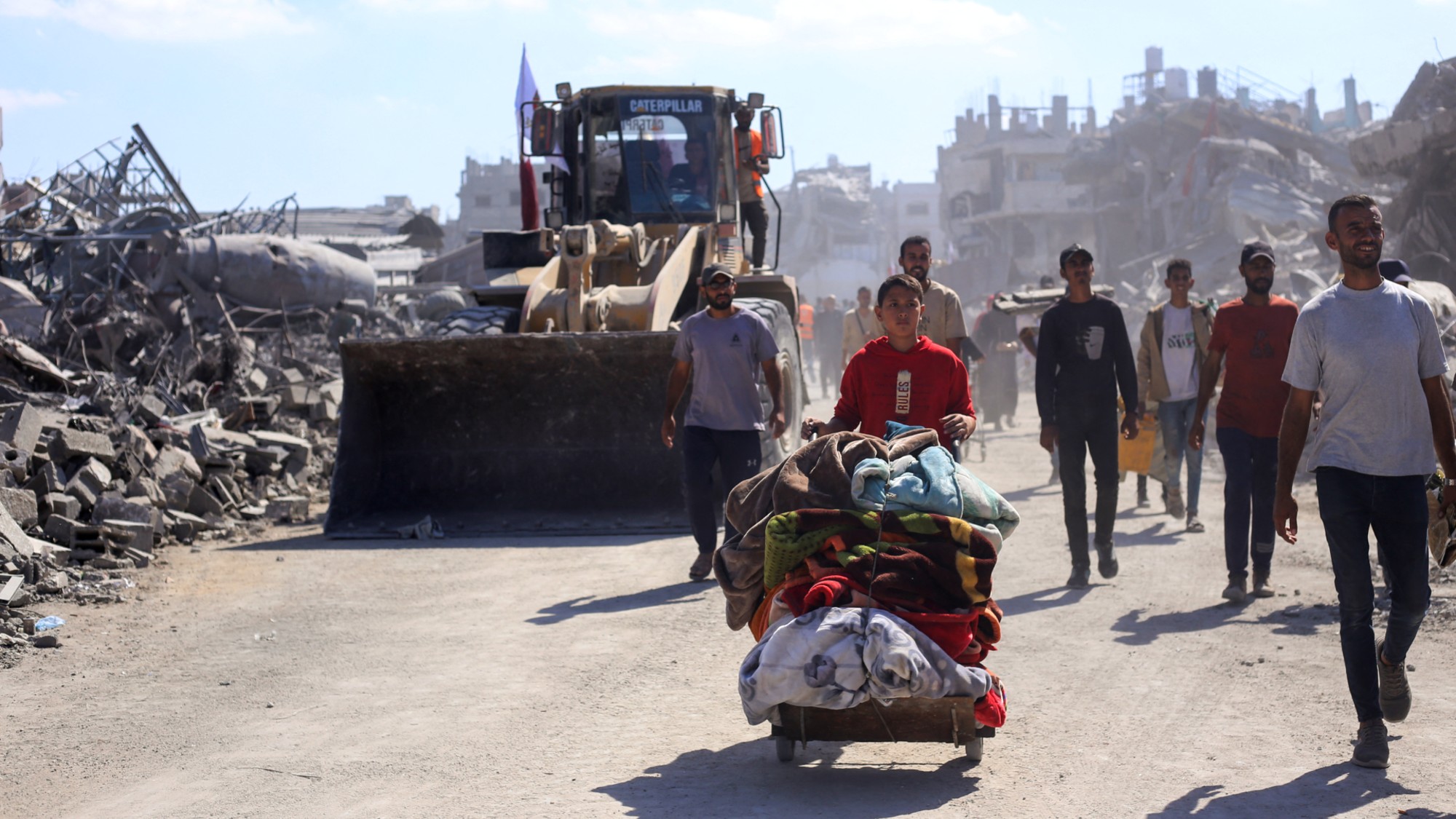 Gaza’s reconstruction: the steps to rebuilding
Gaza’s reconstruction: the steps to rebuildingIn The Spotlight Even the initial rubble clearing in Gaza is likely to be fraught with difficulty and very slow
-
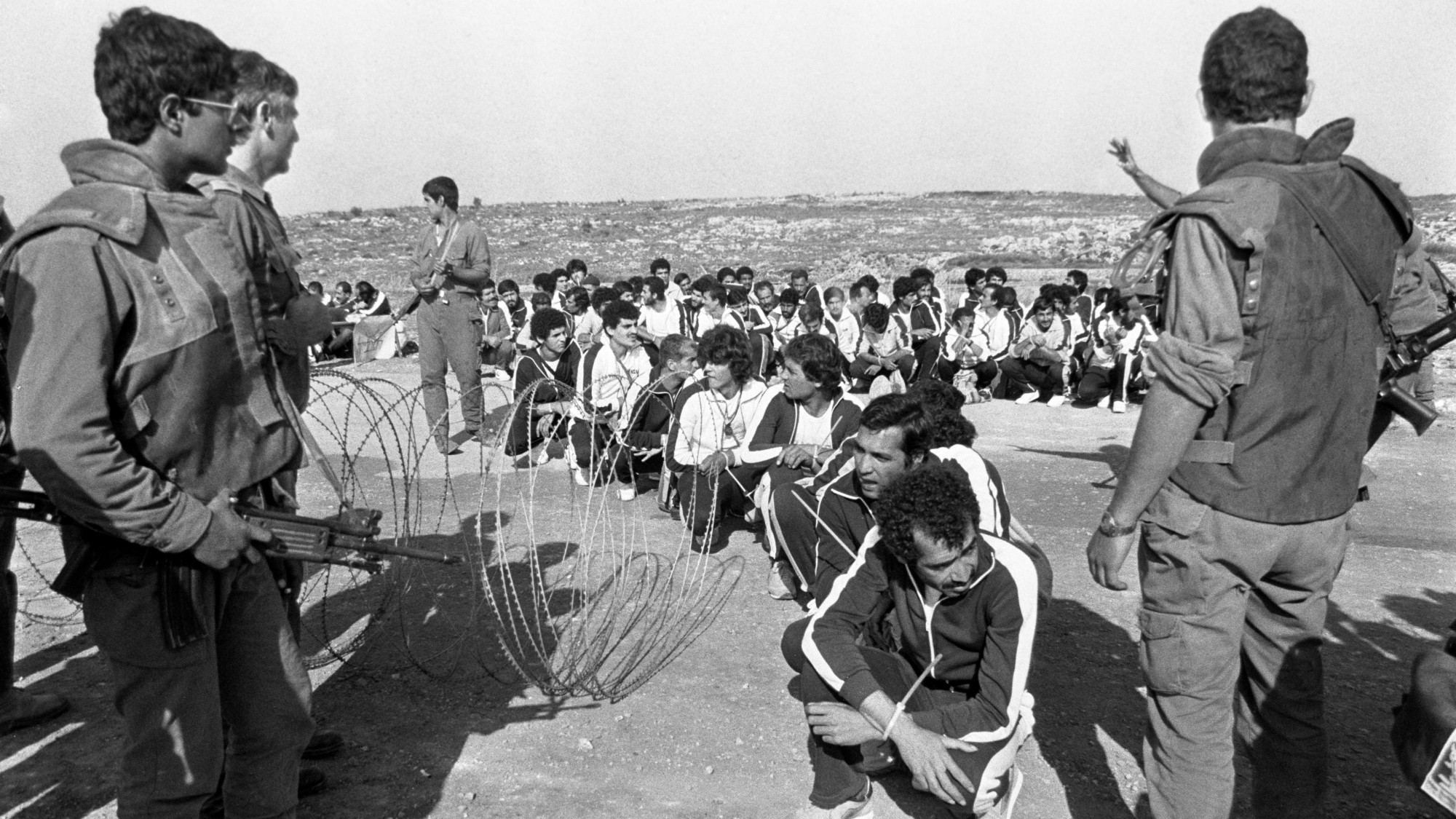 ‘Extraordinary asymmetry’: the history of Israeli prisoner swaps
‘Extraordinary asymmetry’: the history of Israeli prisoner swapsIn The Spotlight Exchange of Israeli hostages for Palestinian detainees is the latest in a series of trades in which Israeli lives appear to count for more


